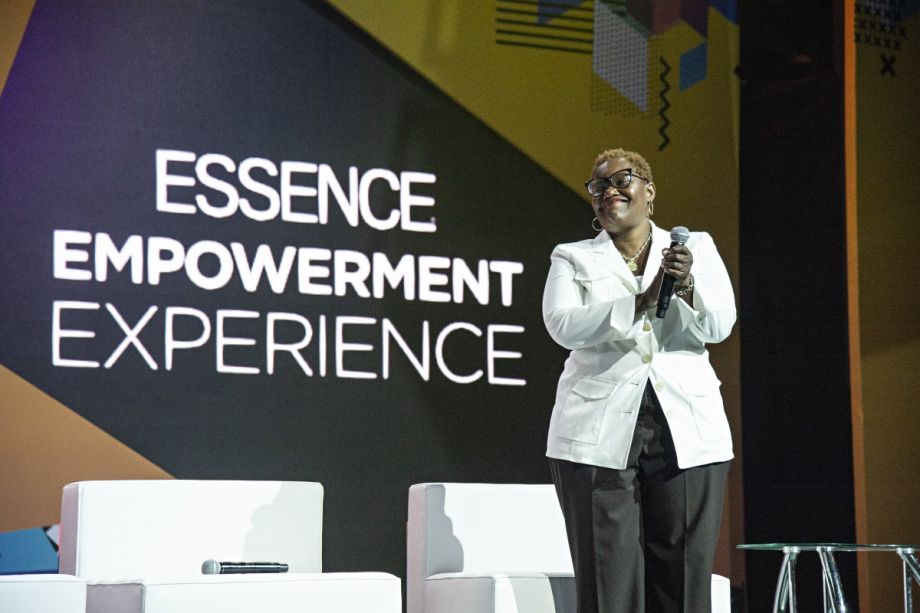Not long after Karen Freeman-Wilson became mayor of Gary, Indiana, in 2012, she looked to address a housing crisis in the city.
Freeman-Wilson was born in Gary in 1960, to a steelworker father and mother in social services. Growing up, she remembers tagging along to NAACP meetings with her mother, as well as the outsize influence steel had on the working-class city.
In the 1980s, Gary’s major employer, U.S. Steel, began closing plants across the country. Job loss prompted white flight from the city; Gary, with a current population around 77,000, is now 84 percent African American.
Last year, the Guardian ran a profile on the city that began, “Gary, Indiana, is dying.” One resident was quoted saying, “Racism killed Gary. The whites left Gary, and the blacks couldn’t. Simple as that. Print that because it is true.”
White flight and economic depression unsurprisingly left a significant impact on the housing market. By the time Freeman-Wilson became mayor, 25 percent of the city’s stock was vacant or abandoned. In addition to foreclosures, Freeman-Wilson says, some residents simply walked away from their homes.
“It’s not unusual to see a vacant home in Gary that is full of furniture,” she says.
At the start of her mayoral tenure, Freeman-Wilson found the city had no sense of how many homes sat empty. “I said, well, let’s count it. Let’s figure it out.”
She spearheaded a local data survey to count every parcel in the city. The city then developed GaryCounts.org to show each parcel, with information on the structure’s condition and ownership. “We used it as a basis to begin to whittle away on the vacant or abandoned buildings,” Freeman-Wilson says.
With data in hand, Freeman-Wilson now oversees homeownership and rehab programs, including the Dollar House Program, alongside demolition of unused properties. Additionally, in the past five years, about 100 new units of supportive housing have been built in the city.
The city, she says, has reduced the number of vacant properties from 7,000 to 5,900.
The work is far from done, Freeman-Wilson knows, but now she wants to frame Gary’s housing crisis in a nationwide context alongside other U.S. cities facing their own. As president of the National League of Cities, she is overseeing the creation of a task force on housing.
Announced this November, the task force will be chaired by Washington, D.C. Mayor Muriel Bowser. It’s comprised of 18 elected city leaders from Bessemer, Alabama to Reno to Baltimore. The task force was chosen to represent a diversity of city sizes, geography, roles in their respective regions, and market types. “We didn’t want to leave anyone out,” Freeman-Wilson says.
“[Housing] is a universal problem,” she adds. “I heard about it over and over again. And even though it looks differently depending on the city, there are some commonalities I thought we should sit down, look at, and come up with a set of recommendations that could be universal and also applied at a local level.”
Freeman-Wilson sees Bowser as a complementary leader in the work ahead. While Freeman-Wilson is focused on vacancies and how to encourage more investment in Gary, Bowser is grappling with demand, gentrification and rising prices throughout Washington, DC.
The task force will kick off by identifying commonalities in housing issues — like homelessness — before brainstorming “solutions at every level,” Freeman-Wilson says. “One thing we anticipate coming out of this task force is a charge to compel the federal government to continue [housing] programs that are working.”
The task force will convene in person and through conference calls throughout 2019, Freeman-Wilson says. She expects the group to release the first report on its findings in June.
Freeman-Wilson is running for reelection next year and views housing as an ever-growing concern for voters across the country. “When you talk about homeownership, you have to talk about economic mobility,” she says. “It’s getting more and more elusive, and I think it’s going to take center stage in the 2020 election.”
In her own bid for reelection, she wants to look beyond vacancies and find ways to attract investment and market-rate housing development to Gary. “How are we looking at new revenue streams or cost-cutting methods that might be achieved through technology?” she asks.
Freeman-Wilson ultimately sees her role with the National League of Cities, and the growth of the housing task force, as a boon for a city like Gary. “It’s the exposure, the opportunity to meet different people,” she says. “I expect it to increase as I tap into those resources in my leadership.”

Emily Nonko is a social justice and solutions-oriented reporter based in Brooklyn, New York. She covers a range of topics for Next City, including arts and culture, housing, movement building and transit.
Follow Emily .(JavaScript must be enabled to view this email address)
















